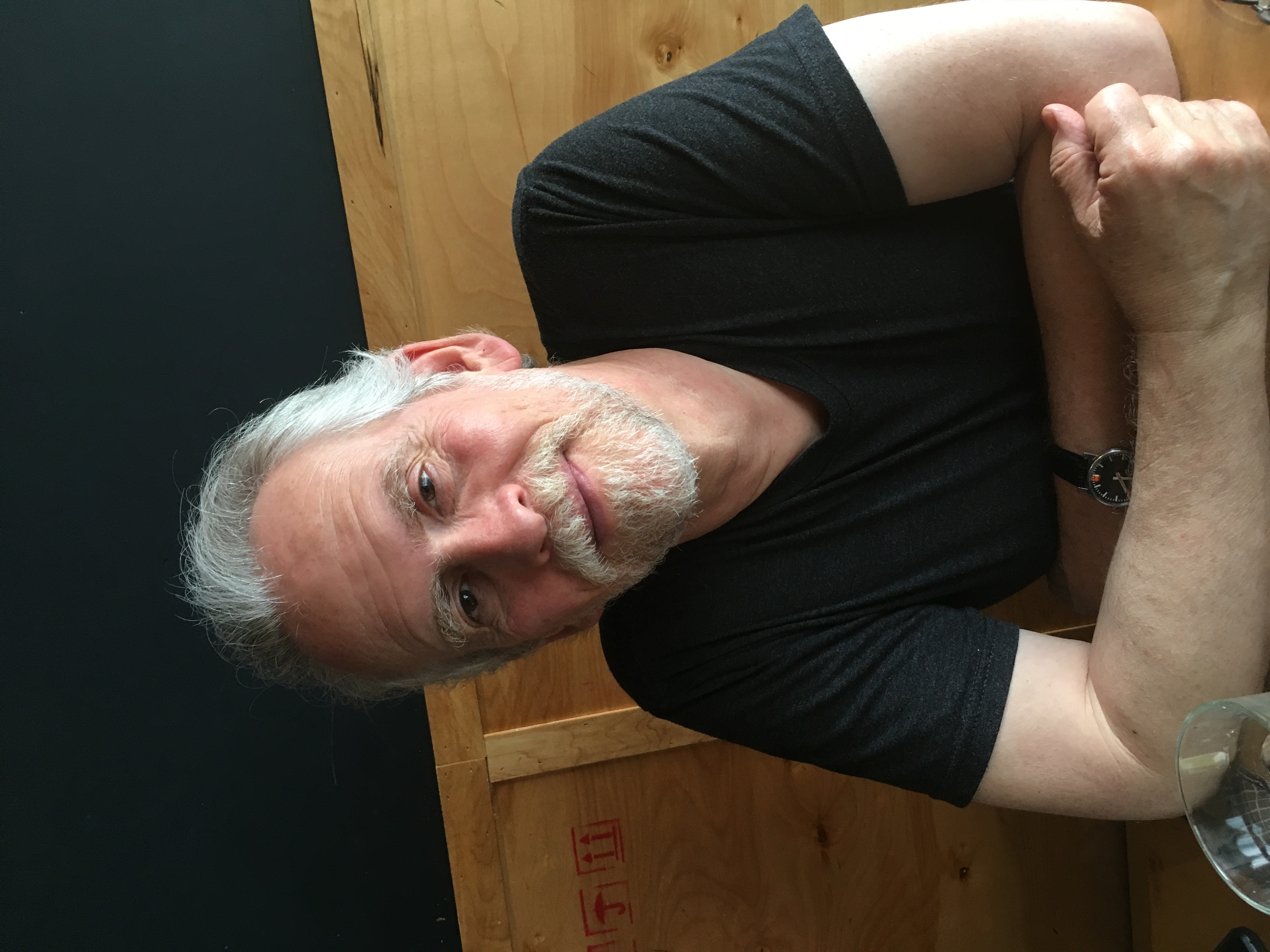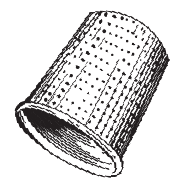I thought of you, Walt Whitman, three summers ago,
When I stood on that hill in Brooklyn, looking down on the river,
Considering how you might be standing there as well,
Or under my boot-soles, except I wasn’t wearing boots. Now,
I think of you again, this time in the parking lot of a prison
In the Everglades. If you were teaching my class here, what
Would you tell these students, so many
With life sentences, meaning they’ll never leave?
One just wrote a love poem to a woman who’d died of Covid.
She’d corresponded with him for a while and then stopped.
He’d had Covid too and almost died. Most
Of my students had it more than once. The guards
Were contagious, dormitories unventilated. Not hard to see
How it spread. Walt, my students’ loves are even
More remote than yours and their griefs certainly more private.
You would say you do not reject them, they and you are the same,
But, is that true? Their privacy is more like Dickinson,
Who didn’t want to be advertised. When they grieve,
They don’t want to be seen doing it. From that hill
In Sunset Park, I could see office buildings in Manhattan,
Boats on the river, but not the future, not like you.
Maybe I side with Dickinson here after all, believing
We’re hidden nobodies, histories without selves. Some
Of my students are Buddhists and get up early to meditate.
Maybe they find it reassuring to imagine the self an illusion,
The razor wire on the fence just as unreal as the bodies they
Will someday leave—and the mind no more real
Than the body. But then, where do poems come from,
These words stacked on top of one another? Don’t tell me
They come from the language. Language is circumstance, not
Will or intention, and there’s nothing accidental about your words
Or anyone’s. Stevens heard it as the will to order, but we never
Got around to him this semester, not enough time. We rushed
toward
December, carrying copies of poems I’d printed and passed out.
By the end, there was a tall stack of them, Dickinson and Williams
On top of Ginsberg and you, Walt, your origins and theirs
unresolved.
Then, the guard appeared to announce it was already 7:00 and time
to
Line up, return to the dorms. Every week when I walked out the gate
And heard the metal lock clang into place, I felt happy,
Not just because I was leaving a prison but because I had
Carried those poems in with me, yours among them, spoken
And not spoken, like the kind of artifacts 19th century explorers
Brought back from islands, jungles, places where they hadn’t
Understood how to ask for water or rice, where they would
Gesture to the bowl of milk being passed from hand to hand and
Pretend to drink. Sitting in my car, I look over the poems we
Read, rushing to get them in before 7, before the guard
And the line outside. Did we understand your isolation
Or Dickinson’s brutal wit? Probably not. But the poems
Went back into the dormitories, into stagnant air,
Smells of sweat, illness, ramen noodles prepared with
Hot water from the sink. The students brought them back there,
Not artifacts of another world but evidence
Of a private one, their own.
Teaching Walt Whitman in a Prison in Florida

George Franklin’s most recent poetry collections are Remote Cities (Sheila-Na-Gig Editions) and a collection in collaboration with Colombian poet Ximena Gómez, Conversaciones sobre agua/Conversations About Water (Katakana Editores). Individual poems have been published in South Florida Poetry Journal, Another Chicago Magazine, Rattle, Cagibi, New York Quarterly, Cultural Daily, Thimble, and Nueva York Poetry Review. He practices law in Miami, teaches poetry workshops in Florida prisons, and co-translated, along with the author, Ximena Gómez’s Último día/Last Day. In 2023, he was the first prize winner of the W.B. Yeats Poetry Prize. His website: https://gsfranklin.com/

